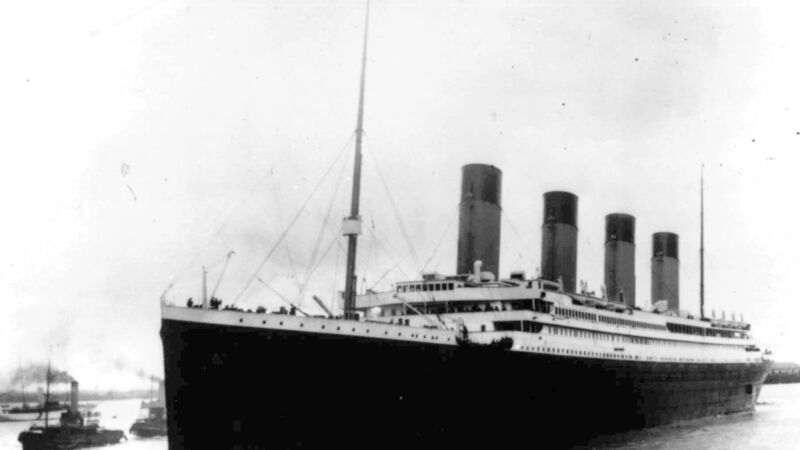US government fights planned expedition to Titanic

The US government is trying to stop a planned expedition to recover items of historical interest from the sunken Titanic, citing an international agreement that treat the shipwreck as a hallowed gravesite.
The expedition is being organised by RMS Titanic Inc, the Georgia-based firm that owns the salvage rights to the world’s most famous shipwreck.











